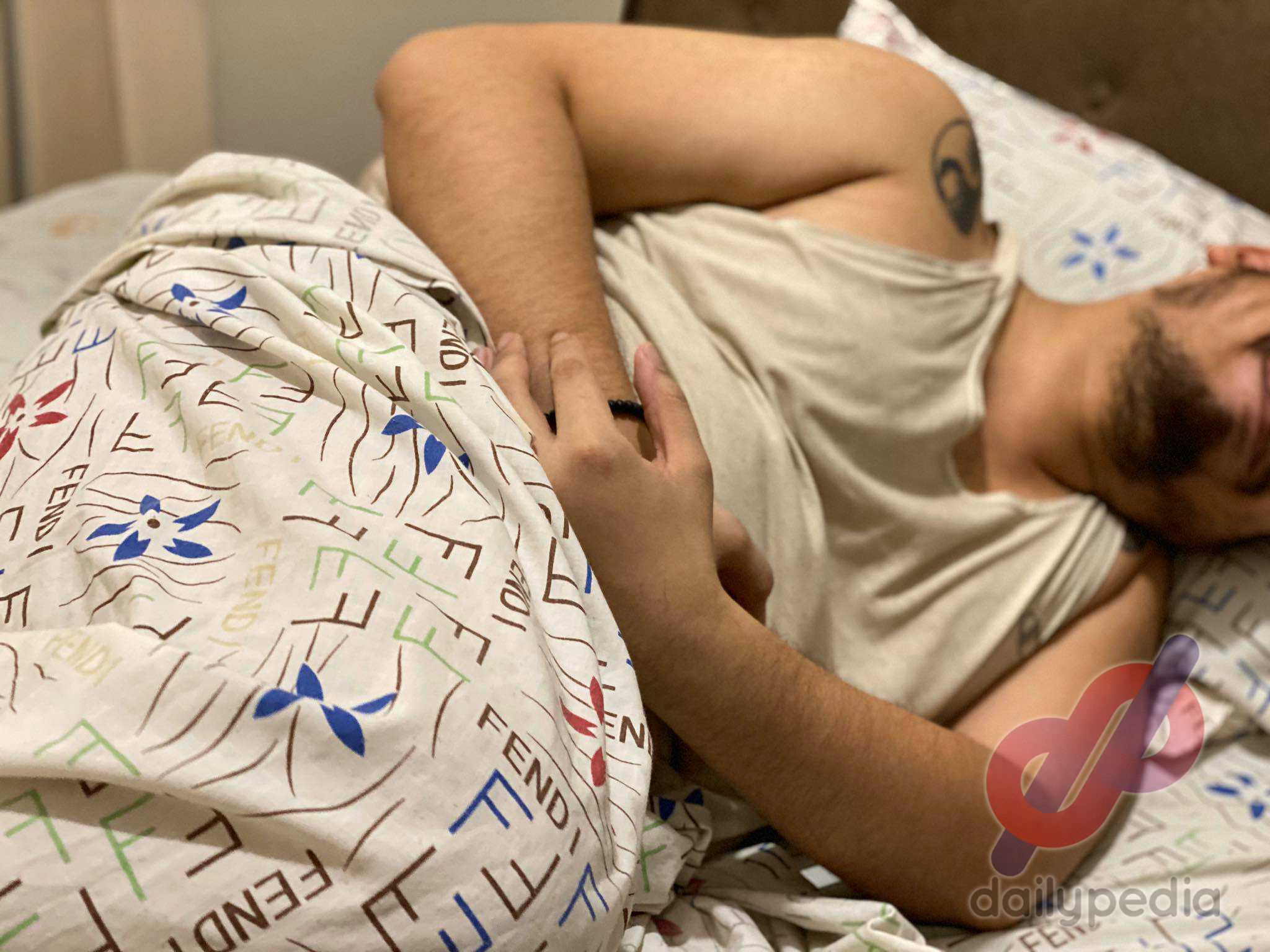A new study has found that individuals who tend to nap more are at a higher risk of developing high blood pressure and suffering a stroke.

Clinical psychologist Michael Grandner, director of the Behavioral Sleep Medicine Clinic at the Banner-University Medical Center in Tucson, Arizona, who was not involved in the study, explained that taking a nap isn’t necessarily self-destructing but is indicative of poor sleep, which is linked to weaker health.
“This may be because, although taking a nap itself is not harmful, many people who take naps may do so because of poor sleep at night. Poor sleep at night is associated with poorer health, and naps are not enough to make up for that,” he said in a statement.
Napping participants were 12% more likely to develop high blood pressure and 24% more likely to have a stroke than those who did not nap.
People younger than 60 who typically nap are 20% more likely to develop high blood pressure, as found by the study published in Hypertension, an American Heart Association journal.
Sleep duration is included in AHA’s eight essential metrics for optimal heart and brain health.
“The results demonstrate that napping increases the incidence of hypertension and stroke, after adjusting or considering many variables known to be associated with risk for cardiovascular disease and stroke,” said Dr. Phyllis Zee, director of the Center for Circadian and Sleep Medicine at Northwestern University Feinberg School of Medicine in Chicago.
“From a clinical standpoint, I think it highlights the importance for health care providers to routinely ask patients about napping and excessive daytime sleepiness and evaluate for other contributing conditions to potentially modify the risk for cardiovascular disease,” said Zee, who was not involved in the study.
The 360,000 gave their napping habits to UK Biobank, including blood, urine, and saliva samples on a regular basis, and answered napping questions over the four-year study.
“They didn’t define what a nap should be. If you’re going to be sleeping for an hour, two hours, for example, that’s not really a nap,” said sleep specialist Dr. Raj Dasgupta, an associate professor of clinical medicine at the Keck School of the Medicine University of Southern California.
“A refreshing power nap that’s 15 to 20 minutes around noon to 2 p.m. is 100% the way to go if you’re sleep deprived,” said Dasgupta, who was not involved in the study. “If you have chronic insomnia, we don’t encourage napping because it takes away the drive to sleep at night.”
The majority of the participants who drank daily smoked, snorted, suffered from insomnia, and took regular naps were under the evening person category.
Dasgupta said poor sleep causes “excessive daytime fatigue which can result in excessive napping during the day.”
“I do believe napping is a warning sign of an underlying sleep disorder in certain individuals,” he added.
“Sleep disorders are linked to an increase in stress and weight regulation hormones which can lead to obesity, high blood pressure, type 2 diabetes — all risk factors for heart disease.”



